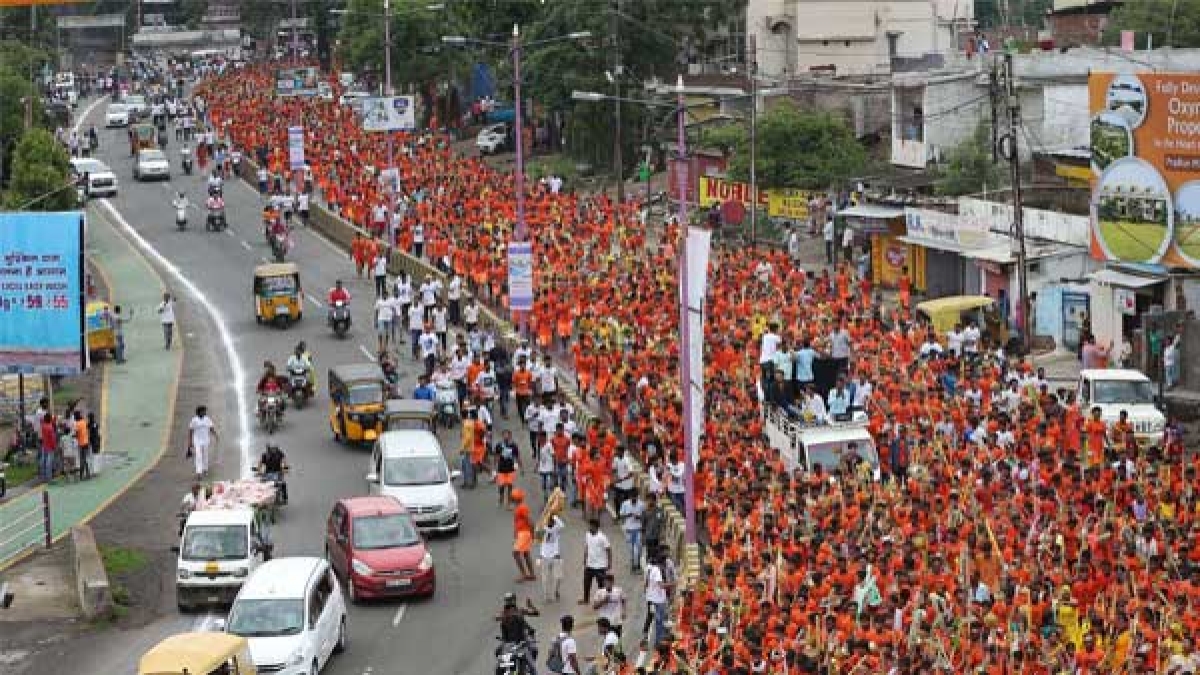The Bharatiya Janata Party-led governments in Uttar Pradesh faced a setback from the Supreme Court regarding issued directives. On Monday, the Supreme Court placed an interim stay on the orders from state governments, which required eateries along the Kanwar Yatra route to display the names of their owners. The matter has been scheduled for a hearing on July 26.
The Supreme Court was hearing a series of petitions challenging a directive issued by the Senior Superintendent of Police in Muzaffarnagar, Uttar Pradesh, which required shop owners to display their names outside their shops during the Kanwar Yatra season. The police claimed the decision was made in the interest of maintaining law and order. This directive was reportedly enforced across many districts in Uttar Pradesh. Similar directives had been issued in Uttarakhand and Madhya Pradesh.
As the hearing began, the bench inquired if any formal order had been issued to enforce this directive. Senior advocate CU Singh, representing the Association for Protection of Civil Rights, stated that although the authorities claimed it was voluntary, the directive was, in fact, being enforced.
A bench of Justices Hrishikesh Roy and SVN Bhatti issued a notice to the governments of Uttar Pradesh, Uttarakhand, and Madhya Pradesh, where the Kanwar Yatra takes place. The bench stated that state police could not compel shopkeepers to display their names, only the food items they sell.
“Until the returnable date, having regard to the discussion, we deem it appropriate to pass an interim order prohibiting the enforcement of the above directives. In other words, the food sellers, hawkers, etc. may be required to display the kind of food they are serving to Kanwariyas, but they must not be forced to disclose the names,” the bench said in its order.
Soon after the Supreme Court placed an interim stay on the ‘nameplate’ requirement for eateries along the Kanwar Yatra routes, Trinamool Congress (TMC) leader and Member of Parliament Mahua Moitra criticised the directive as “unconstitutional” and contrary to the fundamental principles of the Constitution. She was one of the petitioners who challenged the directives, arguing that they cause religious discrimination, and questioned the authorities’ power to issue such orders.
“I am happy; we filed the petition yesterday, and it was heard in the Supreme Court today. It is a completely unconstitutional order, against the fundamental principles of our Constitution, specifically Articles 15 and 19,” said Mahua Moitra.









